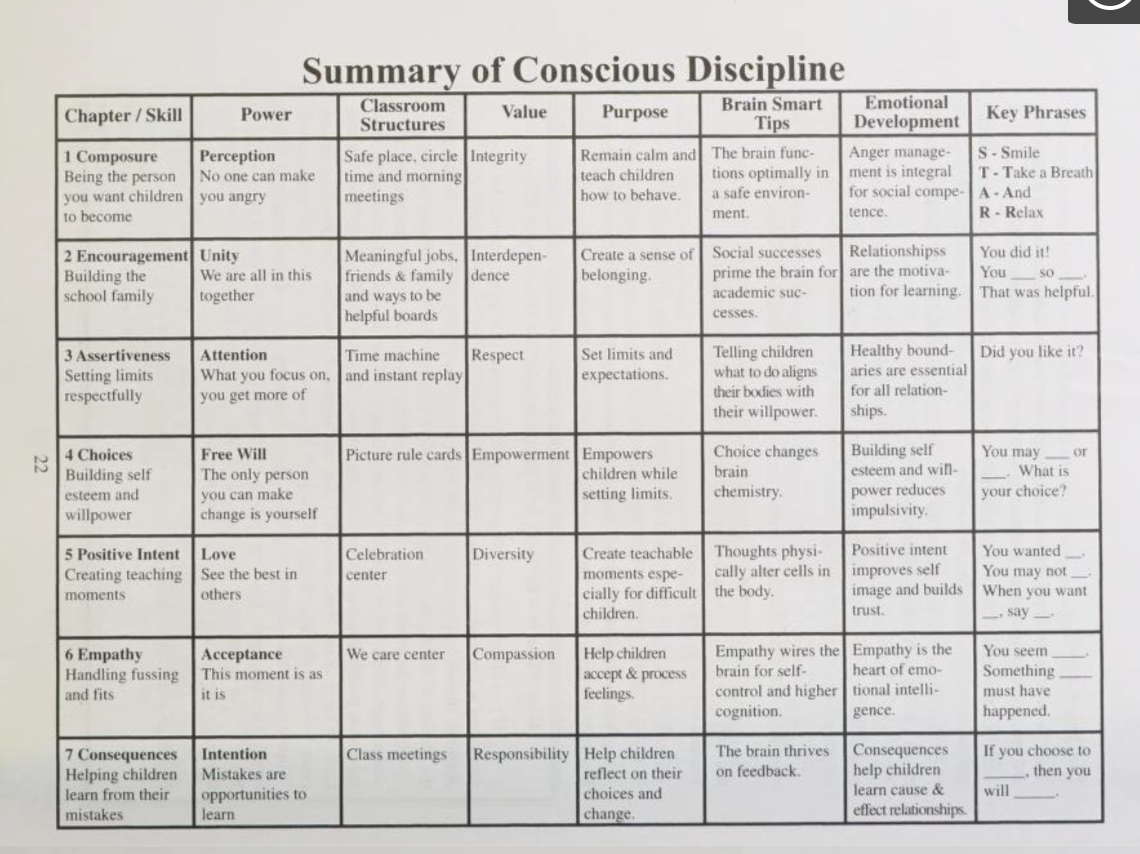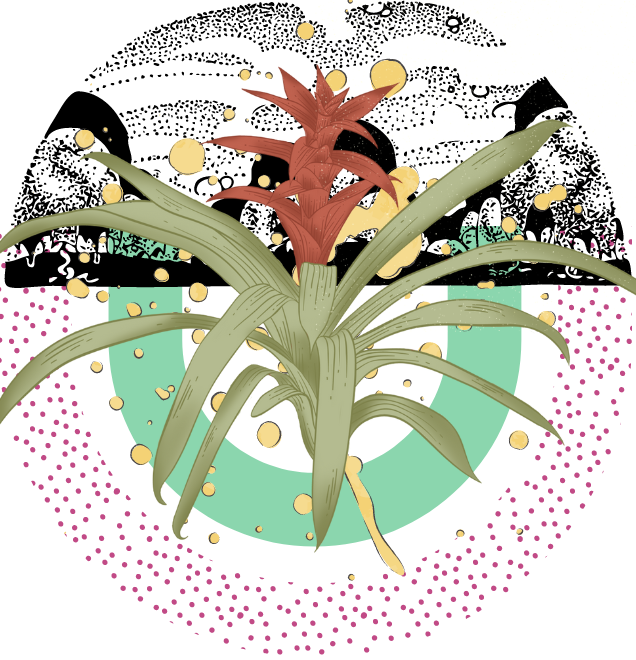The Praise Debate
Why does it matter how I praise my child?
As long as I am sincere, they will understand that they are loved. There is truth to that, but we are not always present, because, kids are a lot. It is a never ending stream of 'mom, watch this!' pay attention, me me me. That is their world and we love it and them and all that is butterflies and rainbows, for now... when they are two or three or four... but at six? At seven? Are we teaching them internal morals and goal-setting or are we dictating from without? Should we care? You will become a grownup, no matter what your parents chose to do - you will fail and you will make mistakes, you will hurt and you will be hurt. Those are all true - we are not special, in the end.
We share many things, and it is the things that we share that connect us - AND we are all unique, in how we deal with our struggles and what the world deals us. To entrust the best tools to our kids, what would we be willing to do?
Would you be willing to spend 20 more minutes a day with your kid?
How much time we spend with our children is often dictated by our schedules. In allowing that to be true, we change the dynamic from "I am in charge of me" to "oh if it was only up to me..." Take control of your time and find 20 minutes of structured play based on your child's interests (as opposed to your own).
Would you be willing to praise their uniqueness, but not their "specialness"?
The short version is that "Special" means I am not like everyone else, entitled to special treatment. "Unique" means my strengths differentiate me and my weaknesses connect me to others. For more on this topic
Would you be willing to give praise that is more thoughtful than 'good job'?
If praise is a flashlight that highlights what you value, then shine it wisely. A generalized praise encourages the child to focus on the end result, but by adding some description, you show the child they are seen, and by being seen, they feel safe and loved, able to move from 'am I good enough to be praised by mommy/daddy' to believing their parents see them and love them. Traditional systems that rely on rewards, punishments, specialness teach children that positive attention is more important than connection and negative attention is better than no attention at all. Instead the message should be that of belonging.
Would you be willing not to say 'always' in your praise?
Always asks for perfection, an unattainable, setting you up to fail type of request.
Here's a hard one - would you be willing to praise without expectation of a return?
When you praise with an expected end result, you teach that our pleasure (caregivers) plays a roll in their behavior. Not to do the right thing because it is right - do it because I am watching you and my pleasure is your obligation.
Would you praise the process as much as the end results?
Why put in the effort? If it is not easy, I don't want to do it. Why do I have to practice?? These question beg the praise for the effort. Caveat!! - If you try to pump someone up, you aren't building them up (self-esteem), you are just cheering and somehow kids know the difference.
Summary
Adapted from Conscious Discipline
1) Notice your child instead of judging, by noticing we give the child that which they need - to be seen. More about this here
2) Link child's action to satisfaction (intangible) instead of tangible rewards. That is the way to get to internal motivation. More about this here
3) Encourage after 'poor' choices, learn to empathize.
 4) Be assertive and teach your child to be assertive (to learn more about assertiveness, click the ass)
4) Be assertive and teach your child to be assertive (to learn more about assertiveness, click the ass)
5) Use choice as a means to giving autonomy and teaching responsibility.
If you found this useful, consider grabbing a copy of Dr Bailey's book at your local library or bookstore.

Take a peek at what more you could learn about therein

Encouragement
 I hear the battle cry! It is hard, you're right. We were not raised this way, so how can we raise kids like this? Well, the foundation can be set, even if we do not do it perfectly every time. Here is a detailed account of ways to praise and encourage by Dr. Bailey. For more information, check out the book Conscious Discipline.
I hear the battle cry! It is hard, you're right. We were not raised this way, so how can we raise kids like this? Well, the foundation can be set, even if we do not do it perfectly every time. Here is a detailed account of ways to praise and encourage by Dr. Bailey. For more information, check out the book Conscious Discipline.
Step 1: Creating a sense of unity.
To be able to move a child from attention seeking to being of service, you as a parent need to create a sense of unity within the child.
This sense of UNITY can be cultivated by: Adapted from www.ConsciousDiscipline.com 800-842-2846
- Activity: Take a deep breath through your nose, hold for 4 seconds, release through your mouth. Internally wish someone well that is having a bad day.
- Most religions follow the golden rule - Treat others as you would want to be treated. Well-wishing rituals commit to that idea that we are all interconnected, and the golden rule ("Do to others as you would have done to you") protects them and myself.
The Story You Tell:
Consider yourself when you have a had a bad day, been disturbed in the night by a crying child, been busy and unfocused. On a day like that you might view your child's play as silly and shout at them to quiet down when they laugh 'too loud.' However, the same silliness and playfulness might be viewed as lovely and nurtured by you on a day when things went your way, you felt rested and had had enough to eat. Deeper than that our own pressure points, triggers, and subconscious play a part in how we judge others and situations. To be the best models for our children we must teach ourselves to
- view others with positive intent
- consider ourselves worthy of love
- feel and celebrate the things that connect us to others and the world
- think of your thoughts and judgements as extensions of the self - as you state them of others you state them of yourself.
- "misbehavior" is a call for help
Download jobs-home.pdf
Step 2: Attention vs Connection
Adapted from www.ConsciousDiscipline.com 800-842-2846
Attention is a call for help. Something inside is missing, a missing skill, thing or quality.
Connection is a movement away from self-centeredness and towards full participation in a present moment with another person. When we connect, we let go of judgements.
Authentic connection:
- eye contact
- touch
- presence
- playfulness/play
- comfort
- support
- ideas
- feedback
- encouragement (noticing without judgement)
Step 3: Noticing
Adapted from www.ConsciousDiscipline.com 800-842-2846
-
Noticing to Encourage Compliance after an Assertive Command:
The formula:
You did it (< promotes child autonomy as opposed to good job, which places emphasis on my approval). You___(describe in detail without judgement)______. Good for you!/ You did it! / Way to go!(optional) ie "You did it! You put on your backpack and stood by the front door!"
Traditional praise overlays a child's sense of self with that of approval. Being good equites with pleasing others and bad with displeasing others. The down side is judgmental children who have anxieties about perfectionism. Even praising positive behavior (only) teaches children that approval is the goal, not the behavior we are seeking. Praise that relies on external rewards devalues relationships - by rewarding with material things we teach that worth is measurable by what you have. INSTEAD, we should seek to notice, acknowledge and appreciate children for who they are, establishing and honoring relationships over things.
-
Noticing to Encourage Helpfulness and Kindness:
The formula:
You (or name) ______(describe what the child did in detail)__so___(state behavior's impact). That was so ______(attribute)______. ie "Maria, you saw Muhammed needed some paper so you offered her some. That was so helpful!" Other attributes/values you can use: That took determination, that was gutsy, you sure are organized, that was helpful/kind/thoughtful/caring/ loving etc
Think of the last time you commented on how your child did something wrong. Did you describe the behavior and tag on an attribute? (ie "Becky, you whined and complained the whole trip, ruining it for everyone. You are so spoiled"). When we critique, we are often very generous with our descriptions. Let's learn how to do at least the same with our compliments!
Step 4: Encouraging Unique Contributions
Adapted from www.ConsciousDiscipline.com 800-842-2846
We are a culmination of our parts, the internal temperament, personality and perspective AND the external forces that shape us, our home-life, culture and attachments. In this complexity there are things we excel at and those we do less well than others. Our unique perspective is worthy of notice and attention, but is not exempt from responsibility and action. "Special" means I don't have to follow the rules, but unique means I will follow as best I can. For a great way to understand this, see Bluey, episode Library from season 2; in only 2 min. so you can get an idea of what this means.
The search for 'special' teaches children that they are better than others and deserve to be treated differently. It is an external reward system, and the desire that it creates is never satiated. We have all heard the "snowflake" debate, the idea that we are all special and in the creation of that specialness we have become very fragile if anyone challenges that specialness. That's because specialness sits in a place of of separation, the best away from everyone else, the good verse the bad, the worthy vs the unworthy and so on. What if we agreed that we are all unique, but that none of us are special. Of course there are things that make each of us different than one another - but that uniqueness doesn't negate the thing that is similar in all of us!
Don't set your child up for failure, do this instead:
- Activity: Have a child write or draw about their strengths and assets - builds self-awareness, self-confidence, helpfulness and unity. Don't frame it as "I am special because...," => but instead "one thing I can do/ that is easy for me is __ and I can share it with others by __." Or "I enjoy doing __ and it helps my family by _____."
- Encourage your child to "teach" other children skills they have learned.
- Create your own visual "Ways To Be Helpful" board.
Step 5: Encourage Children Who Have Made Poor Choices
Adapted from www.ConsciousDiscipline.com 800-842-2846
Encourage the child to solve their problem:
- "You almost did it! Try again! You need some practice."
- "I am confident you can think of another way to handle this."
- "That is a tough spot, but I know you can work it out. Let me know if you need help."
- "Oops. We all make mistakes. What could you do not that would help?"
- "You can do it."
Virtual Challenge Badges
Awarded for the completion of certain tasks, documented by parents and kids to earn virtual badges. Although this is a sort of sticker situation, the badges could be thought of as tracking success over time and keeping track of what you have tried and not yet tried. After receiving the badge, you will get a recommendation for various activities that you could do to celebrate.
Work In Progress
Currently only these challenge badges are available:













